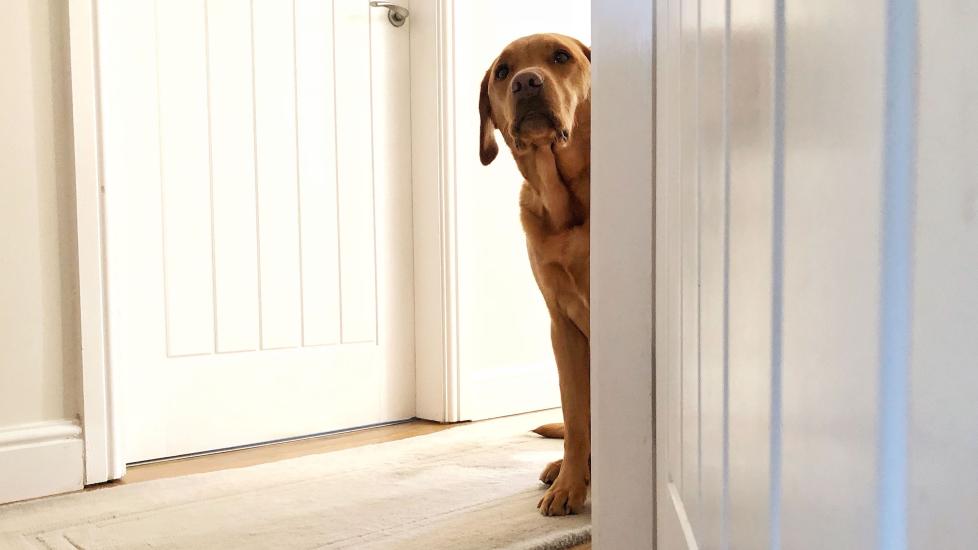In a world that often seems to favor the bold and outgoing, our furry friends can sometimes find themselves on the sidelines. If you have an introverted dog—one who may be shy or timid around new people or situations—it’s crucial to understand their unique needs and provide them with the support they require to thrive. With patience, understanding, and some thoughtful strategies, you can help your canine companion become more confident and enjoy all life has to offer. Let’s explore how!
Creating a Safe Space:
Introverted dogs need a sanctuary where they feel secure. Ensure that your home is their haven by providing cozy spots like dog beds or blankets in quiet corners of the house. These areas should be free from excessive noise and activity, allowing your pup to retreat when needed. A consistent routine also contributes to this sense of security; stick to regular feeding times, walks, and play sessions so your dog knows what to expect each day.
Positive Reinforcement Training:
Training is not just about commands; it’s about building self-esteem. Positive reinforcement techniques are particularly effective for introverted dogs as they focus on rewarding good behavior rather than punishing mistakes. Use treats, praise, and affection liberally to encourage even small steps towards confidence. For example, if your dog approaches a stranger tentatively but manages to say hello, celebrate that achievement immediately! Over time, these successes will accumulate, leading to greater poise.
Slowly Exposing Your Dog to New Experiences:
Gradual exposure to novel environments and interactions can be instrumental in helping an introverted dog build trust in unfamiliar settings. Start by taking short trips close to home, such as walking down different streets or visiting nearby parks. As your pet becomes comfortable with these outings, gradually expand their horizons further afield. It’s important to let your dog set the pace; never force them into anything before they’re ready. Remember, every step counts!
Socialization with Care:
While socializing is essential for all dogs, introverts might require a gentler approach. Invite well-behaved, friendly visitors over to your home where your dog feels most at ease. Allow them to interact at their own speed; don’t push them into physical contact unless they initiate it. Gradually introduce group walks with other calm, polite pups once your dog shows signs of readiness. Building positive associations with meeting new friends will boost their confidence naturally.
Mindful Play Sessions:
Playtime isn’t just fun; it’s also an opportunity for mental stimulation and confidence-building exercises. Engage in activities that allow your dog to make choices and succeed, like hide-and-seek or puzzle toys. These games empower them to solve problems independently, which can translate into increased assertiveness outside of the home environment too. Always ensure that play is structured enough to keep your introvert engaged without becoming overwhelming.
Professional Support:
If you’ve tried various methods but still struggle to see progress, consider seeking advice from professional trainers or animal behavioralists specializing in working with shy pets. They can offer personalized guidance tailored specifically to your dog’s personality traits and any underlying issues affecting their confidence levels. Don’t hesitate to reach out for expert assistance – after all, we could all use a little extra coaching now and then!
Remember, every dog is different, and there is no one-size-fits-all solution when it comes to boosting confidence. By being attentive to your introverted dog’s signals and adapting your approach accordingly, you’ll create an atmosphere conducive to growth and happiness. So take care of yourself while caring for them – patience pays off big time in this journey towards fostering a happier, more confident best friend!
